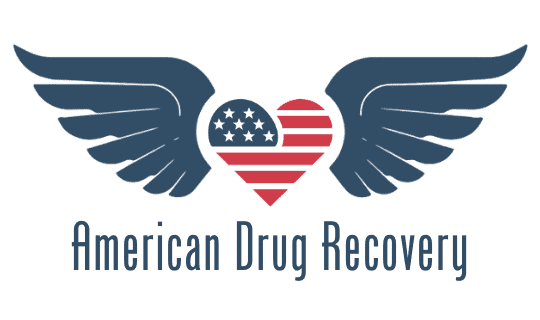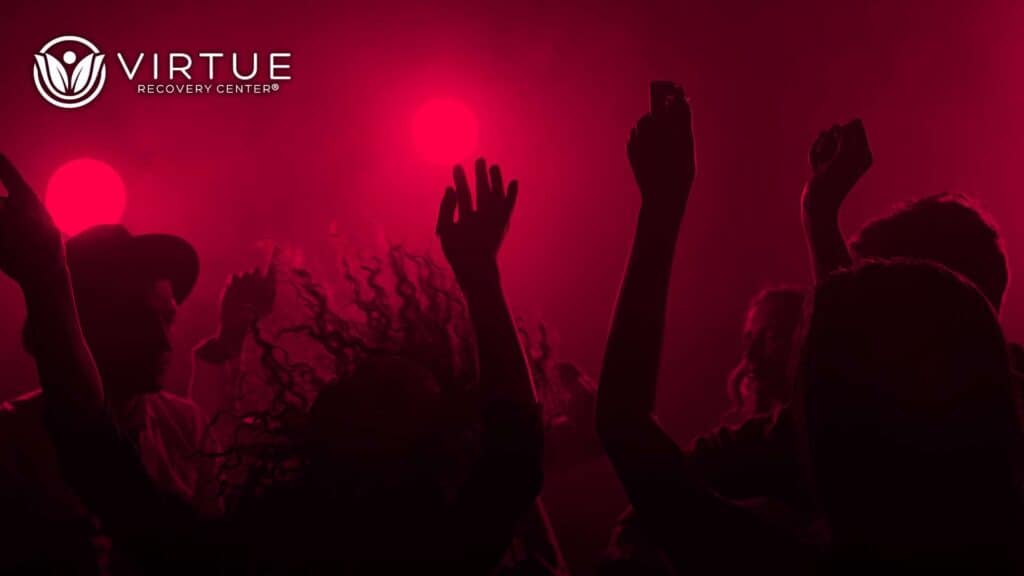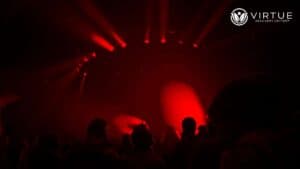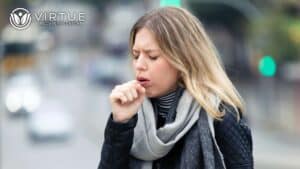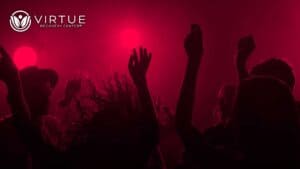Key Takeaways:
-
GHB (Gamma-Hydroxybutyrate) is a powerful depressant often used as a club drug or date rape drug.
-
GHB overdose can happen even with small doses and can lead to severe outcomes such as coma, respiratory failure, or death.
-
The risk of overdose is much higher when GHB is mixed with alcohol or other substances.
-
Symptoms of GHB overdose include extreme drowsiness, confusion, difficulty breathing, and unconsciousness.
-
Professional addiction treatment is crucial for those struggling with GHB dependence to prevent overdose and support recovery.
Introduction
GHB (Gamma-Hydroxybutyrate) is a potent central nervous system depressant that is often abused as a club drug and, more dangerously, as a date rape drug. It comes in a liquid form and is typically straightforward, which makes it easy to disguise in drinks, leading to its frequent use in sexual assault cases. While GHB may seem harmless to some due to its party scene popularity, even small amounts can result in a GHB overdose, putting users at serious risk of coma or even death, especially when combined with alcohol or other drugs. Understanding the risks associated with GHB use is crucial for recognizing the dangers and preventing addiction.
What is GHB and How is It Used?
GHB (Gamma-Hydroxybutyrate) is a synthetic drug that acts as a central nervous system depressant. Originally used as an anesthetic and in the treatment of conditions like narcolepsy, it became popular in the party scene due to its euphoric and sedative effects. In many cases, it is referred to as a club drug because people who use GHB often take it at parties, nightclubs, and festivals.
In addition to its use as a party drug, GHB is also infamously known as a date-rape drug because it can easily be slipped into someone’s drink due to its liquid form. The drug causes deep sleepiness and sedation, leaving individuals vulnerable to sexual assault. Because GHB is fast-acting, people who take GHB can quickly become incapacitated, which is why it has been used for illegal and dangerous purposes.
Effects of GHB on the Body
When someone uses GHB, it acts quickly and affects several areas of the brain and body. Some of the immediate effects of GHB include:
-
Drowsiness and Sleepiness: Even small doses of GHB can cause extreme sleepiness, often resulting in a person passing out or losing consciousness.
-
Euphoria: Some people use GHB for its euphoric, relaxed feeling. This is why it has become common in party settings.
-
Confusion and Disorientation: GHB causes cognitive impairment, leaving users feeling confused or unable to respond typically to their surroundings.
-
Slowed Breathing: As a central nervous system depressant, GHB slows down critical functions like breathing, which can lead to respiratory failure.
-
Decreased Heart Rate: The drug can also lower a person’s heart rate, leading to dangerous heart problems or even cardiac arrest.
While people may use GHB for its temporary effects, the risks are incredibly high, especially because even small amounts can lead to an unintentional GHB overdose.
Risk of GHB Overdose
One of the most significant dangers of GHB is the high risk of overdose. This risk is increased when GHB is taken with alcohol or other depressants. Because both alcohol and GHB depress the central nervous system, combining them can lead to a dangerously low heart rate, slowed breathing, and, in severe cases, coma or death.
Even when taken alone, GHB carries a high risk of overdose because there is a narrow margin between a dose that produces euphoric effects and one that causes life-threatening symptoms. People who use GHB may underestimate how much they are taking, which leads to overdose.
Symptoms of a GHB Overdose
It’s crucial to recognize the symptoms of a GHB overdose so that you can get help immediately. If someone you know is experiencing the following symptoms, you should call an ambulance right away:
-
Extreme Sleepiness or Unconsciousness: If someone is so sleepy that they cannot be woken up, this is a sign of an overdose.
-
Difficulty Breathing: GHB slows down breathing, and an overdose can result in respiratory failure. If you notice shallow or labored breathing, seek emergency help.
-
Severe Confusion: A person who has taken too much GHB may appear extremely confused, slurred in speech, or disoriented.
-
Vomiting: Vomiting is common with GHB use and can be particularly dangerous when a person is unconscious, as it increases the risk of choking.
-
Seizures: In some cases, GHB overdose can result in seizures due to the brain’s disrupted functions.
Overdose can happen quickly and without warning, so it’s essential to act fast. Never wait to see if the symptoms improve on their own. If you suspect a GHB overdose, call an ambulance immediately.
GHB Addiction and Dependence
Like many other substances, regular GHB use can lead to dependence. People who use GHB regularly can develop a tolerance, meaning they need to take larger amounts to feel the same effects. This increases the risk of overdose and makes it harder to stop using.
Once someone becomes dependent on GHB, they may experience serious withdrawal symptoms when they try to stop using it. Withdrawal from GHB can be very uncomfortable and even life-threatening. Symptoms of GHB withdrawal include:
-
Anxiety and Panic Attacks: The body becomes accustomed to the calming effects of GHB, and without it, people may feel intense anxiety or panic.
-
Tremors: People coming off of GHB often experience shaking or tremors, especially in their hands.
-
Severe Insomnia: One of the critical withdrawal symptoms is the inability to sleep, which can worsen the mental and physical stress of withdrawal.
-
Hallucinations and Delirium: In extreme cases, GHB withdrawal can cause hallucinations or delirium as the brain tries to adjust to the absence of the drug.
Because GHB withdrawal can be intense and unpredictable, anyone dependent on GHB must seek professional help to stop using the drug.
Treatment for GHB Substance Addiction
If you or someone you love is struggling with GHB addiction, it’s important to seek professional treatment to prevent overdose and address dependence. At American Drug Recovery, we offer comprehensive addiction treatment programs that include medical detox and long-term support. Medical detox is the first step in managing GHB withdrawal symptoms safely. During this process, doctors and medical staff monitor the person closely and provide support to manage symptoms like anxiety, insomnia, and tremors.
Once detox is complete, people can begin therapy to address the underlying reasons for their substance use. This often includes counseling, behavioral therapy, and support groups. These treatments help people learn healthy coping mechanisms and develop strategies to stay sober.
It’s important to understand that GHB addiction is treatable, and with the right support, people can recover and live healthy, substance-free lives.
Conclusion
GHB is a dangerous substance with a high potential for overdose, especially when mixed with alcohol or other drugs. Even small amounts of GHB can cause severe symptoms like sleepiness, confusion, and respiratory failure, leading to life-threatening outcomes. If you or someone you know is using GHB or has experienced an overdose, it’s important to seek professional help right away.
At American Drug Recovery, we provide compassionate and confidential care for people struggling with GHB addiction. Our team can help you or your loved one through recovery, from detox to long-term support. Don’t wait until it’s too late—call 866-338-5779 today to learn more about our treatment options and get your needed help.
FAQs About GHB, The Date Rape Drug, Addiction & Abuse
What are the signs of a GHB overdose?
Signs of a GHB overdose include extreme sleepiness, difficulty breathing, confusion, and unconsciousness. If you notice any of these symptoms, call an ambulance immediately.
How dangerous is GHB when mixed with alcohol?
Mixing GHB with alcohol is extremely dangerous because both substances depress the central nervous system. This combination increases the risk of overdose, respiratory failure, and death.
Can people become addicted to GHB?
Yes, regular use of GHB can lead to addiction and dependence. People who become dependent on GHB may experience severe withdrawal symptoms if they try to stop using the drug.
What should I do if I suspect a GHB overdose?
If you think someone has overdosed on GHB, call an ambulance immediately. Symptoms like unconsciousness, difficulty breathing, and extreme drowsiness require emergency medical attention.
How can American Drug Recovery help with GHB addiction?
American Drug Recovery offers specialized treatment for GHB addiction, including medical detox, counseling, and long-term support to help individuals safely recover and prevent GHB overdose. Call 866-338-5779 for confidential help.
What is GHB called on the street?
GHB is commonly referred to by street names such as “G,” “Liquid Ecstasy,” “Georgia Home Boy,” and “Juice.” It’s often associated with club and party scenes due to its sedative effects.
What is the drug GHB used for?
Medically, GHB is used to treat narcolepsy and certain sleep disorders. However, it is also misused recreationally for its euphoric and sedative effects.
Does GHB make you forget?
Yes, GHB can cause memory loss or “blackouts,” especially when taken in high doses. This makes it particularly dangerous, as individuals may not recall their actions under its influence.
Why did the FDA ban GHB?
The FDA banned GHB due to its high potential for abuse and dangerous side effects, including overdose, memory loss, and its association with sexual assaults. It was classified as a Schedule I controlled substance in 2000.
When was GHB made illegal?
GHB was made illegal in the United States in 2000 when it was classified as a Schedule I controlled substance due to its potential for abuse and dangerous side effects.
What is GHB actually used for?
While GHB is illegal for recreational use, it is still used in a prescription form known as sodium oxybate to treat narcolepsy and cataplexy. These conditions cause excessive daytime sleepiness and muscle weakness.
What is the main toxic effect of GHB?
The main toxic effects of GHB include respiratory depression, which can lead to unconsciousness, coma, or death, especially when mixed with alcohol or other depressants.
Does GHB deplete dopamine?
GHB affects dopamine levels in the brain by initially inhibiting its release, which can lead to a rebound increase in dopamine later. This fluctuation can contribute to both its sedative and euphoric effects.
Does GHB cause paralysis?
While GHB doesn’t typically cause complete paralysis, it can cause muscle weakness and extreme sedation, which may make a person unable to move or respond.
Can I become dependent on GHB?
Yes, repeated use of GHB can lead to physical and psychological dependence. Withdrawal symptoms can be severe, including anxiety, insomnia, and tremors.
How can I stop the use of GHB?
To stop using GHB, it’s essential to seek professional help, as withdrawal can be challenging and dangerous. Medical detox and therapy can help you safely stop using the drug.
Will drug and alcohol treatments be complex?
While addiction treatment can be challenging, it is highly effective with the right support. Therapy, medical supervision, and a strong support network can make the recovery process smoother and more manageable.
Resources
https://adf.org.au/drug-facts/ghb/
https://www.dea.gov/sites/default/files/2020-06/GHB-2020_0.pdf
https://www.dea.gov/factsheets/ghb-gamma-hydroxybutyric-acid
